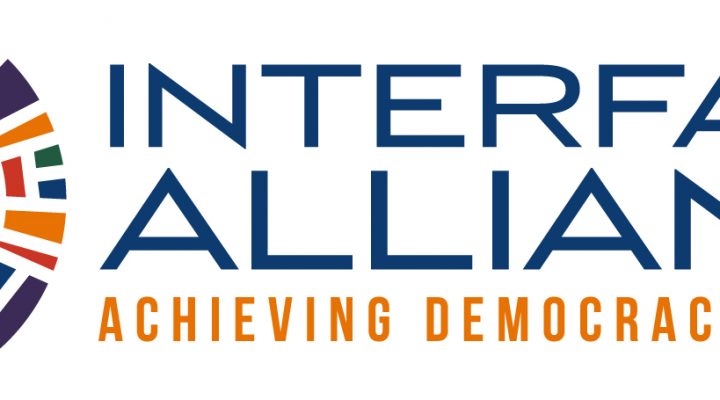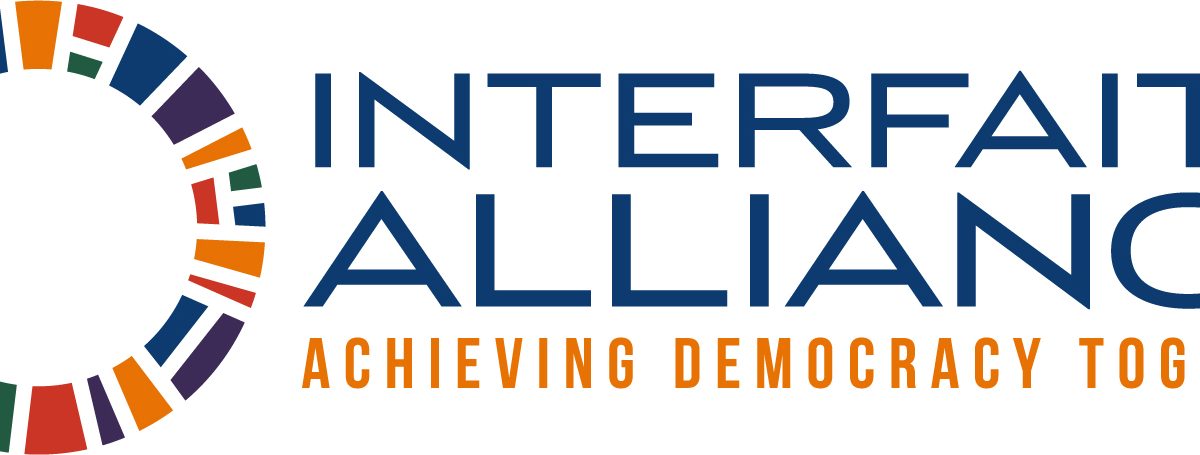Interfaith Alliance President Paul Raushenbush spent much of his time at the Democratic National Convention canvassing activists, clergy and politicians on the intersection of religion, culture and politics leading up to the 2024 election and beyond.
He also attended Promise 2025, an Aug. 21 meet-up of faith leaders focused on providing positive visions to counter Project 2025, the Christian nationalist blueprint for ending democracy and the federal government.
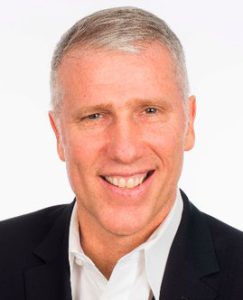
Paul Raushenbush
“It was about what religious and spiritual people say about the future and about how faith leaders can contribute to creating an inclusive vision for the future in our country,” he said on the “State of Belief” podcast. “It was not connected to a political party. It was just a group of people with a shared hunger to talk about this moment and the future of our democracy.”
It was clear to him from encounters in and around the DNC that religion is of major importance to many Democrats and often serves as the inspiration for the legislation and policies they support, Raushenbush added. “This old idea that Democrats don’t care about faith, that there is no faith in a room filled with Democrats — if it was ever true, it’s no longer true.”
To drive that point home, Raushenbush conducted brief interviews with several members of Congress and ministry and nonprofit leaders on the state of the nation and the part faith can play in reviving and protecting democracy.
He included those conversations in “Changemakers at the DNC,” the latest episode in his podcast series. Excerpts from some of those interviews are presented here.
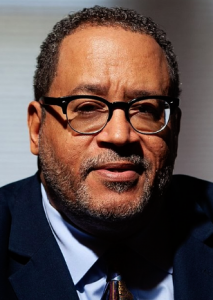
Michael Eric Dyson
Michael Eric Dyson, professor of African American and diaspora studies at Vanderbilt University and professor of ethics and society at Vanderbilt Divinity School, urged Americans to see the good along with the bad heading into November.
It’s like Charles Dickens. It’s the best of times. It’s the worst of times. It’s the best of times because that moral arc is real, as Dr. King used to like to quote, the arc of the moral universe is long, but it bends toward justice. … And it’s good to remember that as bad as times are now, they have been equally bad, if not worse, across the board.
And for me, white supremacy is a dry run for fascism. So, the issues that we are confronting now have been prefigured in denying Black people the right to vote and denying African American people full citizenship in denying a standing in the open society, in imposing Jim Crow laws upon us. These are the remnants of a fascist element in a fascist state that is now being unleashed on broad varieties of American citizens. …
We have to make certain the choice of freedom is something we embrace. And it is a spiritual question. I like to say religion binds us together, spirituality makes religion behave. We need spirituality because spirituality connects me to a cosmos, a companion who may not share my religious belief, but we are spiritual heirs of a common legacy of democracy, of truth, of justice. And that allows us as compatriots along this way to link arms even beyond our religious differences, to have a spiritual connection to the next human being.
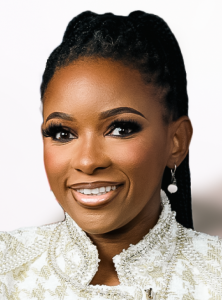
Jasmine Crockett
U.S. Rep. Jasmine Crockett, a Democrat from Texas, said people of faith have to stand up against Christian nationalism.
It’s important we stop the co-opting of Christianity because so much of this is being done in the name of Jesus. This has to be the same Jesus that they used to justify slavery back in the day. And so, if we don’t come out and start talking about what Jesus’ love really is and what it looks like even in the form of policy, then I think that we will lose that war. …
When we start talking about things I do as it relates to the farm bill and making sure people have food to eat in the form of SNAP benefits, that’s what real love and real Christianity looks like. It looks like looking out for all of us.
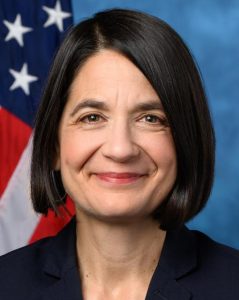
Becca Balint
Democratic U.S. Rep. Becca Balint, the first woman and openly gay person to represent Vermont in Congress, lamented the current state of conservatism on Capitol Hill.
The Republican Party that used to stand for ideals around the economy, ideals around how we organize ourselves as citizens, has just become a party of grievance and hatred. It speaks to a deep lack of spirituality because I am always thinking about the light in the other person regardless of political party, regardless of background. …
This extreme movement within the Republican Party only sees the light in people they agree with, whatever their plan is. And that’s just a dangerous way of existing in the world. And it’s very sad.
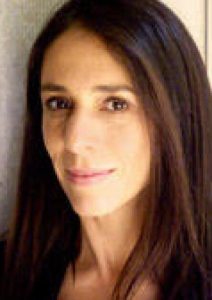
Katherine Stewart
Katherine Stewart, author of The Power Worshippers: Inside the Dangerous Rise of Religious Nationalism, offered a tutorial on what Christian nationalism is, and what it is not.
Christian nationalism is not Christianity, it’s not a religion, and it’s not just about a few culture war issues at the margins. It is both an anti-democratic ideology — the idea that America was founded as a Christian nation according a very particular and reactionary idea of Christianity, and that our laws should be based on a reactionary interpretation of the Bible.
The ideology is really a tool for a leadership-driven machine that turns that story into political power. So, it’s exploitation of religion for politics and power. …
We’re seeing an alliance between the old Religious Right and what we call the new right, which is frankly less explicitly theocratic at its core. A lot of the key thinkers of the new right — of which JD Vance is a product — their core values are not necessarily religious values. They just see the utility of religious nationalism and Christian nationalism in drawing what they would think of as a lot of people to their side.
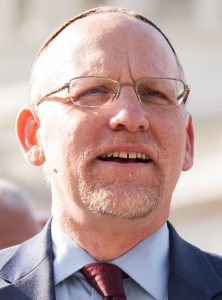
Jason Kimelman-Bock
Rabbi Jason Kimelman-Bock, Washington director of Bend the Arc: Jewish Action, urged people of faith to move beyond the politics of division by embracing the repeated scriptural commandment not to fear.
If we fear the divine, then we’re not going to be manipulated by the people who try to make us afraid all the time. And that puts us in a place where we can build the multiracial democracy we have never experienced in this country, but constantly dream about. It can help us build a sense of safety for everyone that’s not built on carceral systems or police violence but is actually built on a sense of us all being together and in community together.

